At Belmont University, we take our trees seriously. As a designated arboretum situated just two miles from downtown Nashville, we make a concerted effort to protect these life-giving organisms, which provide a canopy for our community and sanctuary for local wildlife.
In addition to the benefits trees provide, these organisms also offer ancient lessons in keeping our communities healthy and flourishing in this challenging time.
Trees share nutrients at critical times to keep each other healthy through an underground network of fungi. Growth that might appear vertical in the upward reach of trees actually finds its strength through connection and interdependence. With trees, like in coral reefs and other environmental ecosystems, we can witness how all parts thrive less as hierarchies and more as interdependent systems working and tending to one another to provide care.
Those lessons are invaluable as we all attempt to lead organizations in the midst of the Great Resignation. As a new University president stepping into the role during multiple pandemics (including racial injustice, economic disruption, mental health challenges, political polarization), I knew it would be important to shepherd this growing institution in a way that establishes trust and honors our interdependence and connection to one another through community and greater meaning.
Recently, some higher education thought leaders reframed the Great Resignation as a disengagement. While the numbers might not indicate a mass changing of jobs in universities, faculty could be feeling a state of detachment. I believe, though, in a more hopeful way forward, an avenue I’m calling the Great Renewed Commitment.
Repairing our disengagement begins with cultivating an environment where folks can show up with their whole selves feeling safe and heard. If the past few years have shown us anything, it’s how we need to prioritize and tend to the mental health of our community members, and there are many ways we can go about that. As one example that many institutions are trying, Belmont instituted a robust plan that allows for flexible work options for all staff. By opening our high-touch model to give space for remote work and compressed weeks, our staff can adjust their schedules to better meet the needs of their own families while also supporting our faculty and students from a less-stressed stance.
Of course, our efforts need to go deeper and remain malleable and ongoing. Beyond workforce flexibility, we are also intent on giving our community access to the emotional and spiritual resources they may need. We’ve created a mental health task force to examine the common issues that undergird many of the challenges our students and employees face and re-imagine the tools and resources we can provide to help them thrive. Key to this initiative will be working to cultivate a sense of belonging and community as research indicates mental health struggles often manifest as a symptom of a deeper sense of yearning and need for connection. Cultivating such connections is as important to our faculty and staff as to our students, as all have felt increasingly alone and isolated due to the pandemics.
Engaging with our communities does more than build connection – it can also foster a sense of belonging and meaning in our work. We want to create environments where folks know that their work matters and that our institutions are investing in them and their ideas. One approach we’ve taken at Belmont is through an initiative called BASIC (Belmont Accelerator for Social Innovation Collaboration), which aims to develop creative solutions to pervasive and complex problems such as intergenerational poverty and health care inequities – particularly focused on children aged 0-8 and their families.
We know these issues require intensive collaboration and experimentation across a variety of sectors and disciplines. So imagine a group of faculty from business, occupational therapy and honors coming together with nonprofits and community organizations to reimagine food distribution and build improved models for service. Following a proposal process, ideas selected for the BASIC program are supported by both grant money and faculty course release, as needed, to ensure we can collectively put our best efforts behind these initiatives. All, of course, is designed with a 360-degree approach – partnering with community nonprofits to share resources that make an impact while also using those experiences and the knowledge we gain to develop curriculum for our students. It’s a holistic strategy that benefits everyone and ties directly to our mission.
At Belmont, we want to create an environment that is worthy of engagement – a place where our staff, faculty and students can thrive, where they know their work matters. And with lessons of our ecosystems, we know that growing doesn’t always mean up, but rather it involves a reaching out toward one another for a more abundant life together.

